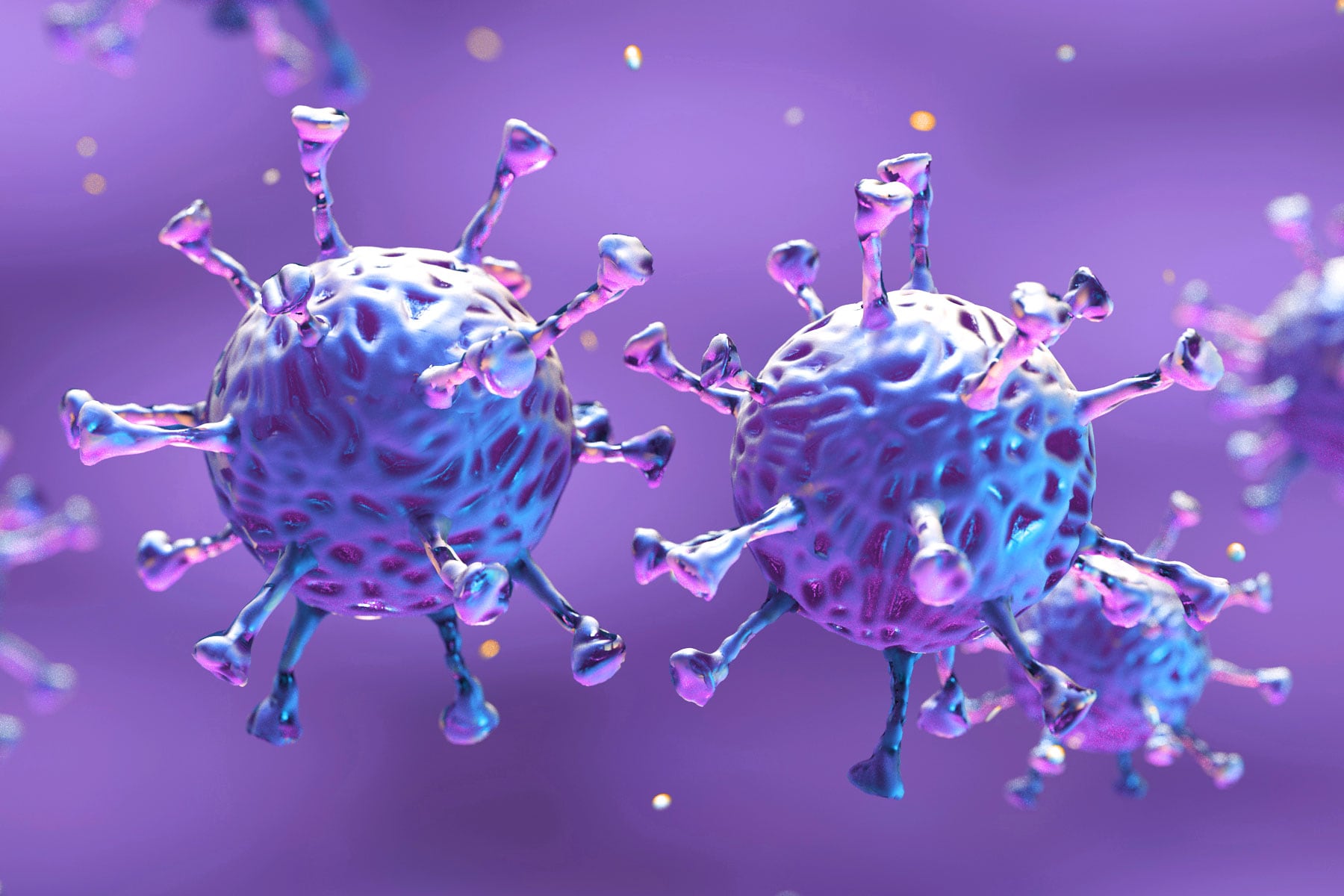Diabetes Symptoms, Causes, Diagnosis and Treatment

What is diabetes?
It is a disease wherein the levels of blood sugar (blood glucose) are very high. Basically, our body gets glucose through the food we eat. Moreover, insulin (hormone) helps that glucose to move into our body cells for energy.
1. Type 1 diabetes: the body fails to produce insulin.
2. Type 2 diabetes: is more common wherein the body fails to produce or use the insulin well.
Thus, without adequate insulin, glucose tends to remain in the blood. Another condition, called prediabetes is when you have high blood sugar than normal, though not that high enough to diagnose diabetes. The particular condition makes an individual more likely to develop type 2 diabetes.
Eventually, having excessive glucose in the blood can lead serious problems. Your kidneys, nerves or eyes can get damaged. Moreover, diabetes may also trigger stroke and heart disease. Pregnant women can too, develop the disease, known as gestational diabetes.
What are the symptoms of diabetes?
The symptoms differ depending on the amount of elevated blood sugar. Few individuals, particularly those with type 2 diabetes or prediabetes, may not notice symptoms initially. However in the type 1 diabetes, the signs are noticed quickly, and are more severe. Few common signs of type 1 and 2 diabetes are:
• Frequent urination.
• Increased thirst.
• Extreme hunger.
• Fatigue.
• Weight loss.
• High blood pressure.
• Blurred vision.
• Frequent infections (skin, gums, bladder and vaginal infection).
Even though, the 1st type of diabetes tends to occur at any age, however it usually appears during adolescence or childhood period. 2nd type, being more common can appear at any age, though is mostly preventable.
What causes of diabetes?
Causes: (type 1):
In this particular type of diabetes, the immune system attacks the cells that produces insulin in your pancreas, thus destroys them. This leaves the body with some/ no insulin at all. Consequently, the sugar is built in the bloodstream rather being moved to the cells. Besides, combination of environmental factors and genetic susceptibility are also considered to play a role in causing type 1 diabetes.
Causes: (prediabetes and type 2):
In prediabetes, and type 2 diabetes, the cells turn opposite to the insulin action, whereas the pancreas is not capable enough to produce adequate insulin for overcoming such resistance. Consequently, sugar is built in the bloodstream rather moving to the cells.
Causes: (gestational diabetes):
In pregnancy, your placenta makes hormone for sustaining the pregnancy, such hormones tend to make the cells more insulin resistance. During the 2nd and 3rd trimesters the placenta raises larger, secreting excessive hormones, causing difficulty for the insulin to perform its job. Typically, the pancreas responds through making excessive insulin for overcoming such resistance. However sometimes, they fail to continue. When such happens, very little glucose manages getting in the cells, whereas excessive glucose stays in the blood. Such condition causes gestational diabetes.
How is diabetes diagnosed?
• Tests: (type 1 and 2):
1. Glycated hemoglobin test.
2. Fasting blood sugar test.
3. Random blood sugar test.
• Tests: (gestational diabetes):
1. Initial glucose challenge test.
2. Follow-up glucose tolerance testing.
• Tests: (prediabetes):
1. Glycated hemoglobin test.
2. Oral glucose tolerance test.
3. Fasting blood sugar test.
How is diabetes treated?
Monitoring blood sugar, insulin plus oral medications tend to play a vital role in the diabetes treatment. Regardless of the type of diabetes, maintaining healthy weight, consuming healthy diet, regularly performing physical activity plus checking the blood sugar levels are important to manage diabetes.
Treatment (type 1):
• Insulin pump or insulin injections.
• Monitoring blood sugar levels.
• Carbohydrate counting.
• Pancreas transplant (option)
Treatment (type 2):
• Monitoring blood sugar levels.
• Insulin.
• Medications.
• Bariatric surgery (option).
Treatment (gestational diabetes):
• Monitoring blood sugar levels.
• Exercise.
• Healthy diet.
• Insulin (few cases).
Treatment (prediabetes):
• Healthy diet.
• Exercise to maintain healthy weight.
Related Articles:
Papaya is Good for Diabetics and Other Health Benefits
Diabetes Insipidus Symptoms, Causes, Diagnosis and Treatment
Gestational Diabetes Symptoms, Causes, Diagnosis and Treatment
Type 2 Diabetes Causes, Symptoms, Diagnosis and Treatment
The Blood Sugar Diet That Will Make a Difference in Blood Sugar Levels
Fruits as Natural Remedies for Diabetes
7 Best Natural Herbs for Diabetes and its Healthy Benefits
Diabetes – A Healthy Diet Plan
Diabetes Friendly 1600 Calorie Diabetic Diet Plan
The Diabetes Diet and Food Supplements
Diabetes Diet Plan for Kids – Weight Loss Diet Plans
Type 1 Diabetes Causes, Symptoms, Diagnosis, Treatment
By : Natural Health News




